So You Wanna Go Local.....
Topic 22978 | Page 1
Hey Heavy C, thanks for posting that. As it happens, I currently work for another grocery store chain with a distribution center in Maine. We have a lot of stores in the Boston area, so for us the stores everyone really hates to go to are the ones where you have to back in off the street in traffic. I wanted to ask you if it was similar for you guys. If not, maybe I'm working for the wrong company!
Heavy C, it is tough enough what you go through multiple times per shift...but the truly terrible thing is when they send us with cabs and 53' trailers into these tiny places. I went to probably the tightest place I've ever been a couple of days ago and learned a whole new technique - I unlocked my tandems after I was angled part way to the hole and set the trailer brakes to pull forward a couple of times. That worked like magic and I'm sure I'll do that again.
It's no secret that I'm a local driver. I went local straight out of school. Is that the recommended way of doing things? No. But it's what was the best option for me and my family. I enjoy being local and wouldn't change anything. Well maybe one thing but that's a different story for a different day. No this topic is for those that are thinking about local whether they are new or currently OTR. I wanna share what kind of things you can expect when you get to be home every night. Now of course not all jobs are created equal. However a lot of local jobs are delivery based, so this is a situation will be fairly common for most.
Here's the scenario. I work for a grocery store chain in northern New England. Most of you that have been up here know that streets and businesses up here aren't exactly truck friendly. So my load tonight has two stops. I depart from South Portland Maine and head north to Bangor for stop one. Then east to Bar Harbor. 358 mile round trip. It's a good load. But it comes with a catch. Bar Harbor. This tiny little village is a huge tourist trap. Add to that the fact the main route into town is torn up for construction I have to go the long way around. So the Bangor store is straight forward so I'll skip ahead to the fun one.
This first picture is the bridge I have to negotiate because of detours. It's 12' on the sides so I must go up the middle. I was stopped waiting for traffic to clear.
This next picture is just showing that even at night the narrow streets and pedestrians are always an obstacle. BTW I was stopped for all these photos.
The next shot is before I entered the store. Narrow entrance which I can't take much wider because of cars parked on the street. Normally we come in the other way and you can see that telephone pole on the corner. Which if you can't go wide enough turning in youll certainly hit.
The next series of pictures is after ive turned into the store and the maneuvering I have to do to get backed into the dock. Mind you this is I'm a day cab 48' box. If I don't go wide enough I AM going to hit.
Then before I leave I have to actually move the trailer left before I can exit because the turn it too tight and I'll clip the building. This store is one of the ones our guys hate especially during the summer tourist months. However it doesn't get much easier in many other locations we deliver to.
Local driving has taught me a lot in a short amount of time. Some of it has been the hard way. And I can say that I feel pretty good about being able to put a trailer in any spot now as long as it will fit. But that comes with a major downside. The risk factor. It's a risky proposition putting trailers in some of the spots we do. It can certainly cost you If you screw up. Local isn't for everyone. Most of you may be happy OTR your entire careers. However to those thinking about it. Be prepared. Being home every night comes with a lot of baggage.
OTR:
Over The Road
OTR driving normally means you'll be hauling freight to various customers throughout your company's hauling region. It often entails being gone from home for two to three weeks at a time.
Day Cab:
A tractor which does not have a sleeper berth attached to it. Normally used for local routes where drivers go home every night.
Tandems:
Tandem Axles
A set of axles spaced close together, legally defined as more than 40 and less than 96 inches apart by the USDOT. Drivers tend to refer to the tandem axles on their trailer as just "tandems". You might hear a driver say, "I'm 400 pounds overweight on my tandems", referring to his trailer tandems, not his tractor tandems. Tractor tandems are generally just referred to as "drives" which is short for "drive axles".
Tandem:
Tandem Axles
A set of axles spaced close together, legally defined as more than 40 and less than 96 inches apart by the USDOT. Drivers tend to refer to the tandem axles on their trailer as just "tandems". You might hear a driver say, "I'm 400 pounds overweight on my tandems", referring to his trailer tandems, not his tractor tandems. Tractor tandems are generally just referred to as "drives" which is short for "drive axles".
HOS:
Hours Of Service
HOS refers to the logbook hours of service regulations.OWI:
Operating While Intoxicated
No el we don't have a lot of those kinds of stores. None of the ones I've been to are that way but I've also not been to all of them yet. The worst ones tend to be IGA stores. Or stores with scissor lifts such too. Either way I wouldn't recommend coming here though. This company is a mess right now. Lots of changes coming in the next few months.
HOS:
Hours Of Service
HOS refers to the logbook hours of service regulations.New Reply:
New! Check out our help videos for a better understanding of our forum features

















Preview:
This topic has the following tags:
Advice For New Truck Drivers Choosing A Trucking Company Home Time Local CDL Drivers Regional Jobs






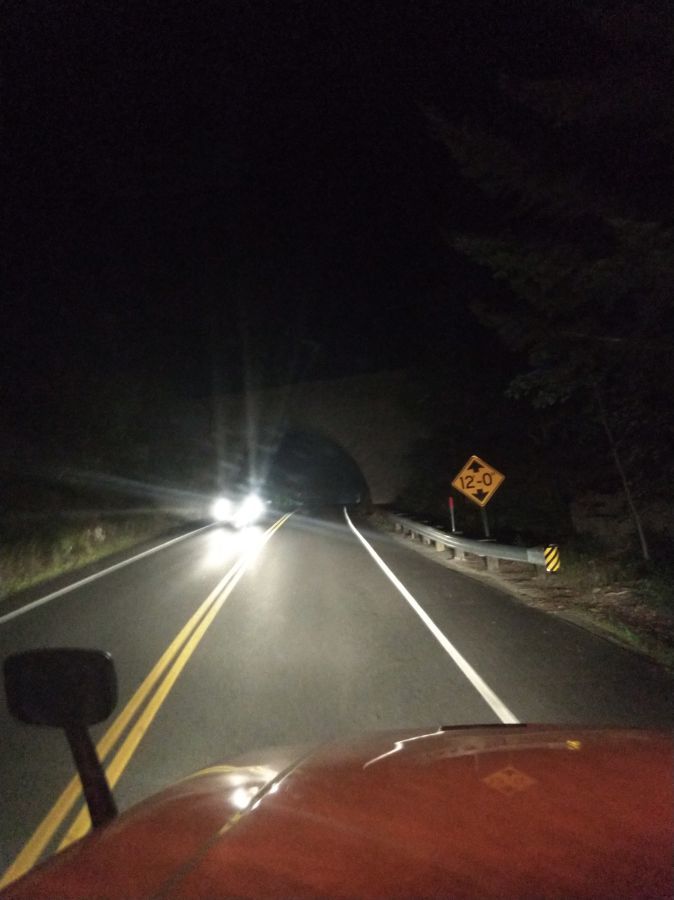
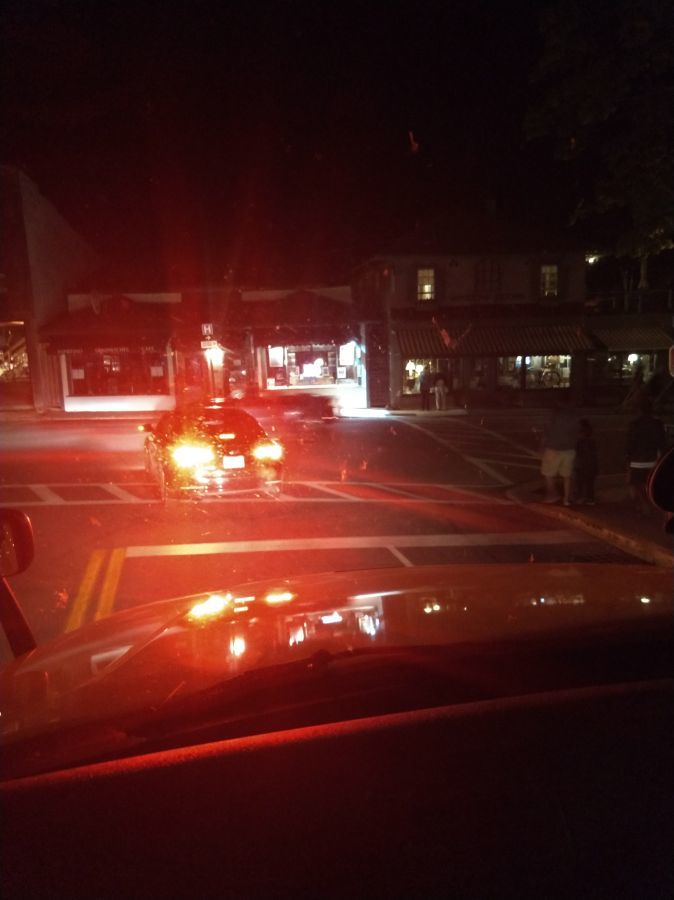
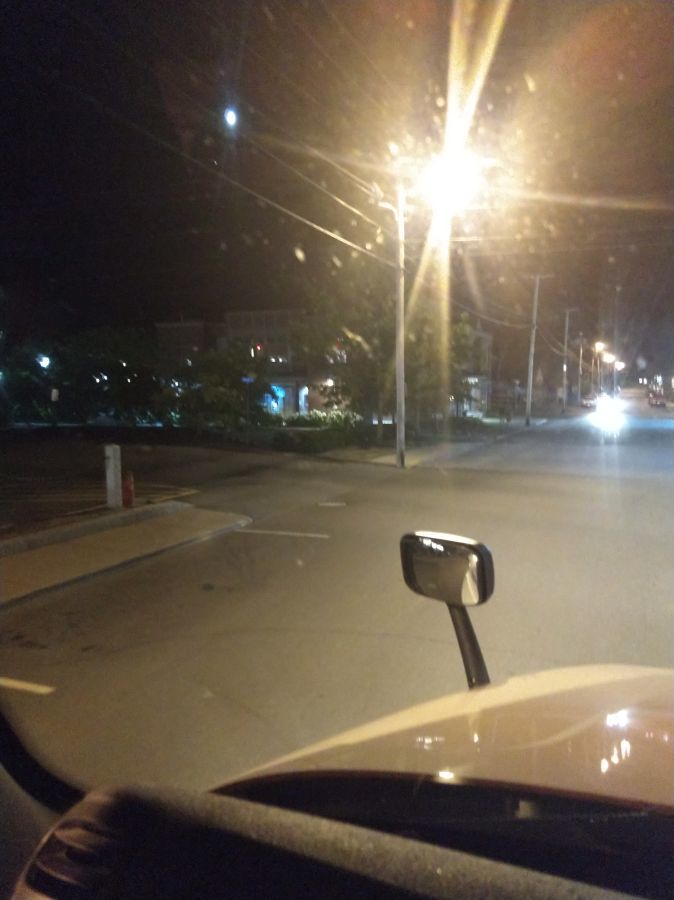
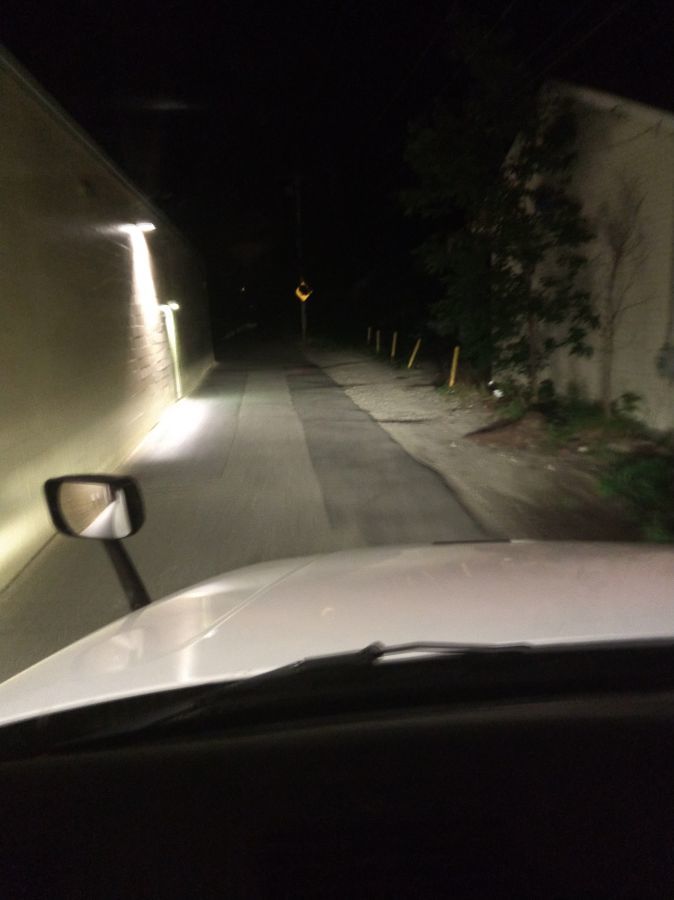
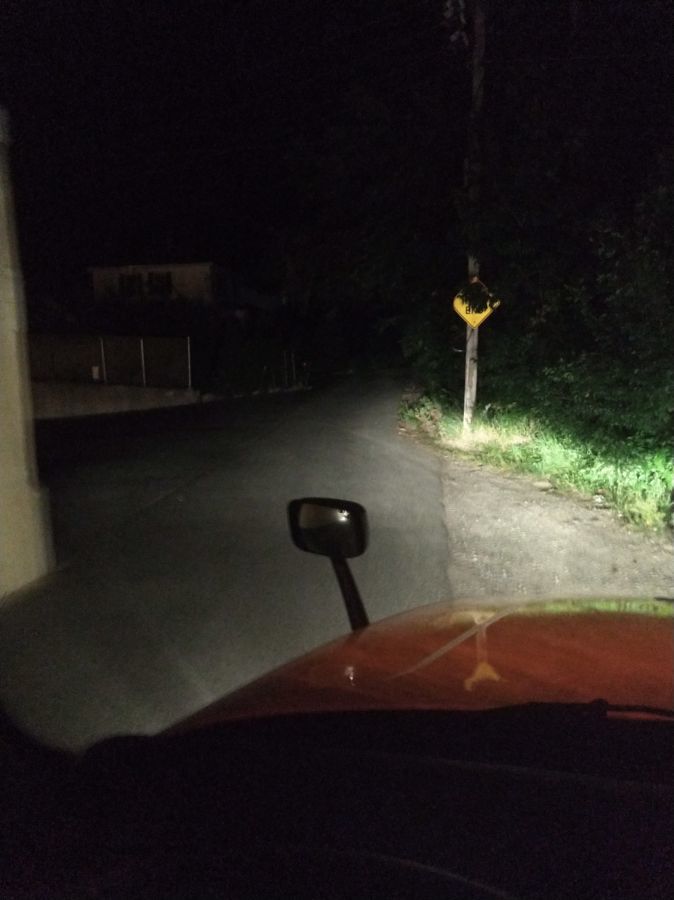
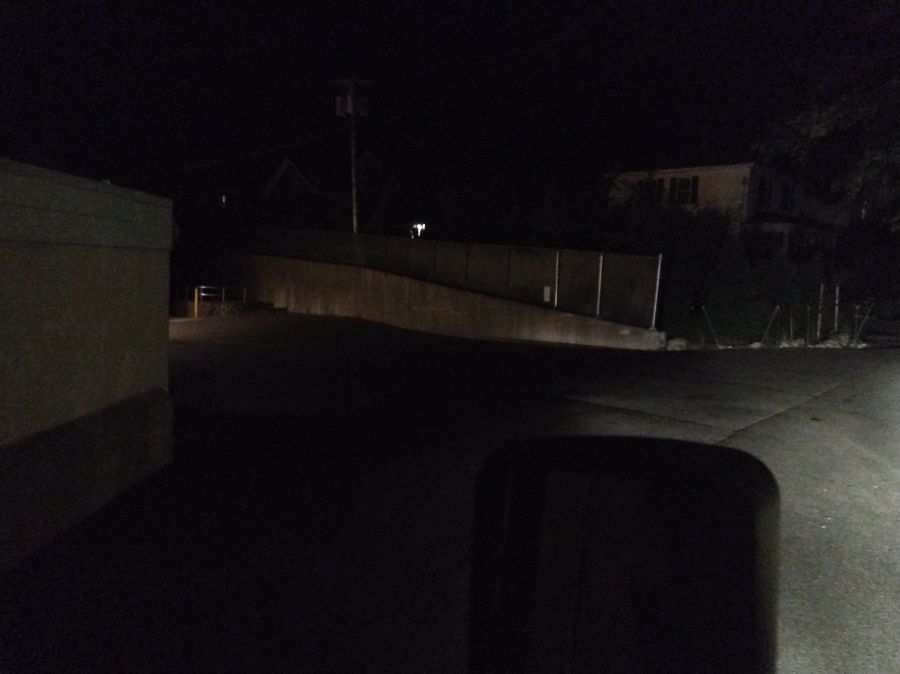
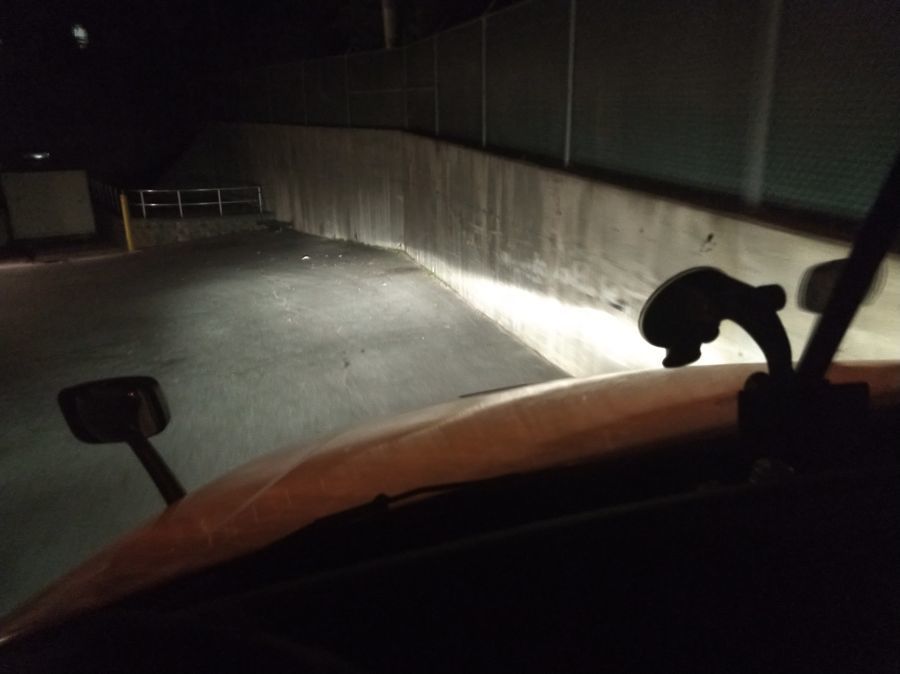
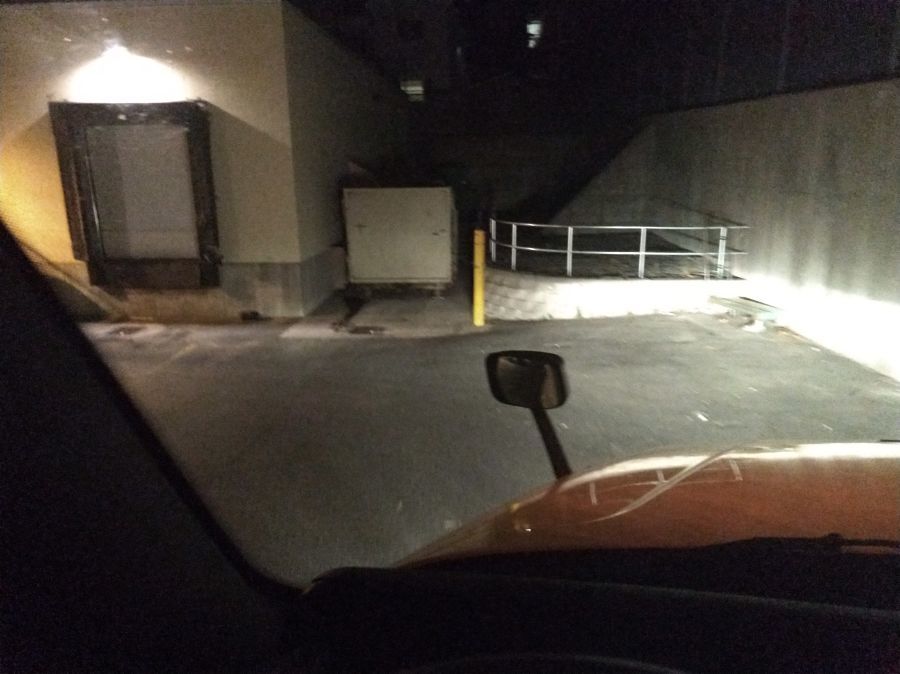
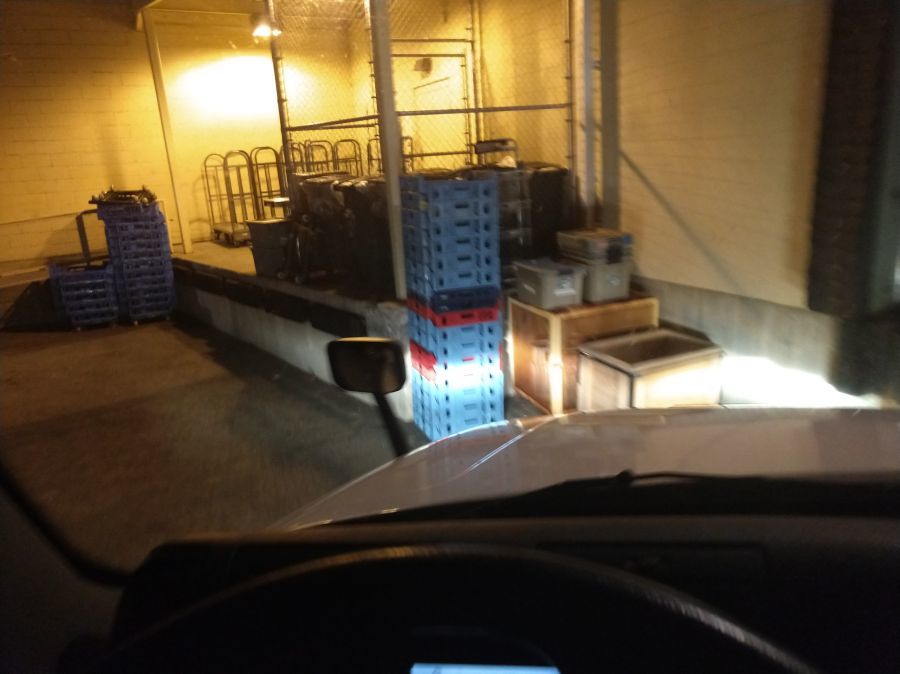
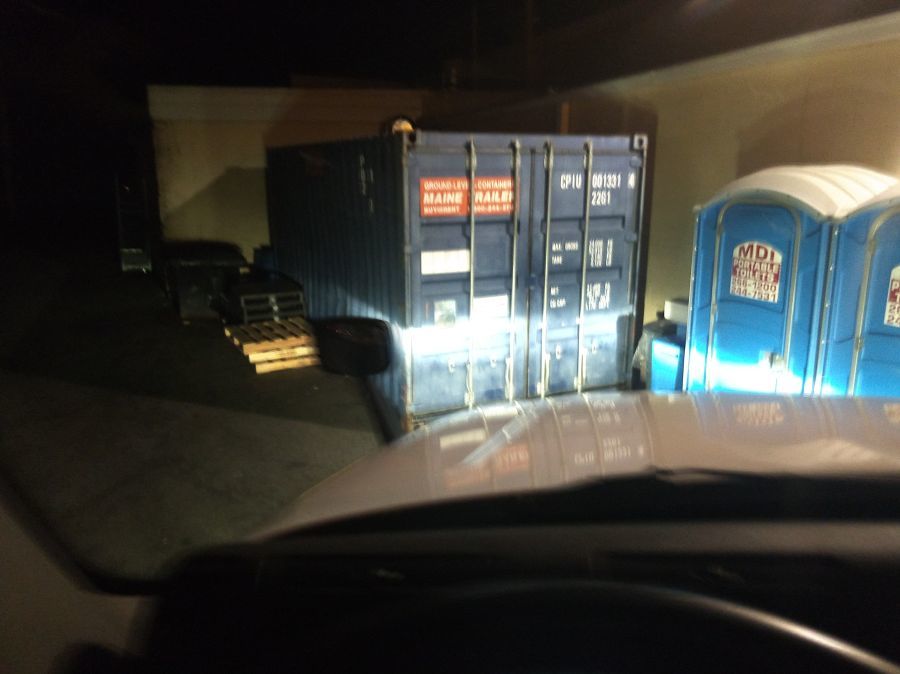
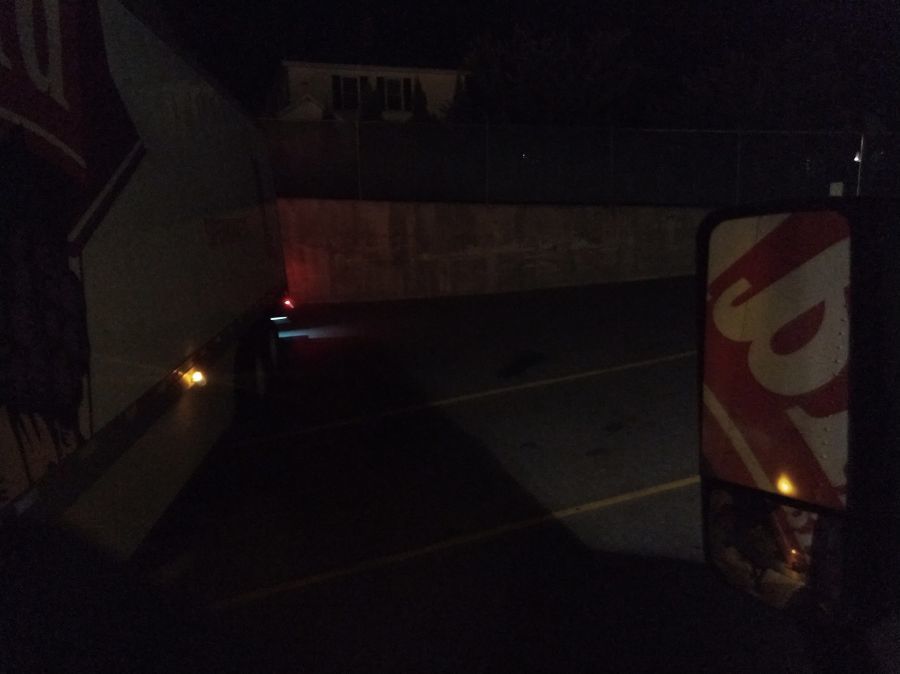
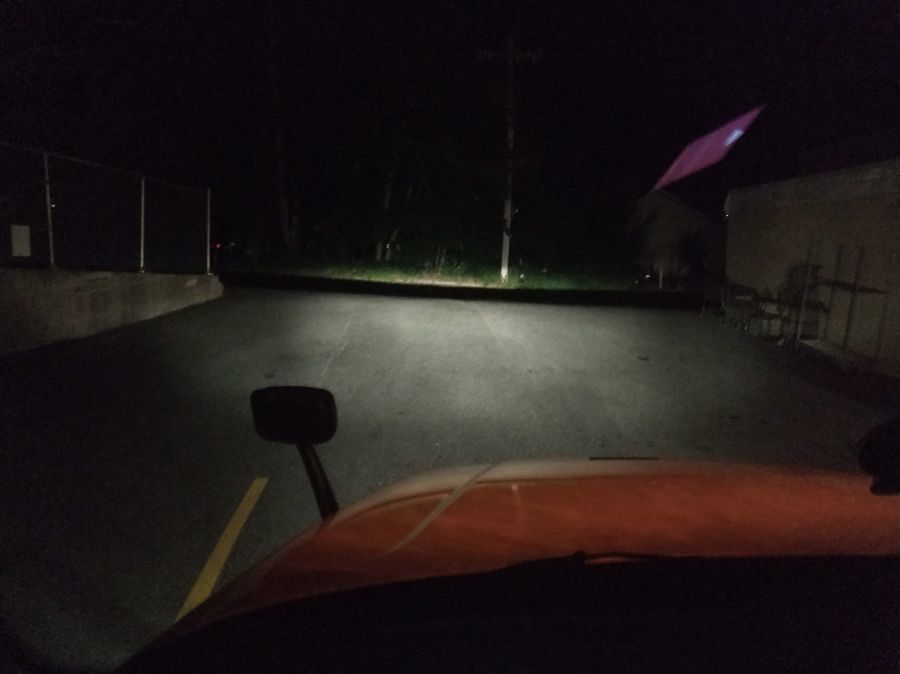

 TT On Facebook
TT On Facebook
It's no secret that I'm a local driver. I went local straight out of school. Is that the recommended way of doing things? No. But it's what was the best option for me and my family. I enjoy being local and wouldn't change anything. Well maybe one thing but that's a different story for a different day. No this topic is for those that are thinking about local whether they are new or currently OTR. I wanna share what kind of things you can expect when you get to be home every night. Now of course not all jobs are created equal. However a lot of local jobs are delivery based, so this is a situation will be fairly common for most.
Here's the scenario. I work for a grocery store chain in northern New England. Most of you that have been up here know that streets and businesses up here aren't exactly truck friendly. So my load tonight has two stops. I depart from South Portland Maine and head north to Bangor for stop one. Then east to Bar Harbor. 358 mile round trip. It's a good load. But it comes with a catch. Bar Harbor. This tiny little village is a huge tourist trap. Add to that the fact the main route into town is torn up for construction I have to go the long way around. So the Bangor store is straight forward so I'll skip ahead to the fun one.
This first picture is the bridge I have to negotiate because of detours. It's 12' on the sides so I must go up the middle. I was stopped waiting for traffic to clear.
This next picture is just showing that even at night the narrow streets and pedestrians are always an obstacle. BTW I was stopped for all these photos.
The next shot is before I entered the store. Narrow entrance which I can't take much wider because of cars parked on the street. Normally we come in the other way and you can see that telephone pole on the corner. Which if you can't go wide enough turning in youll certainly hit.
The next series of pictures is after ive turned into the store and the maneuvering I have to do to get backed into the dock. Mind you this is I'm a day cab 48' box. If I don't go wide enough I AM going to hit.
Then before I leave I have to actually move the trailer left before I can exit because the turn it too tight and I'll clip the building. This store is one of the ones our guys hate especially during the summer tourist months. However it doesn't get much easier in many other locations we deliver to.
Local driving has taught me a lot in a short amount of time. Some of it has been the hard way. And I can say that I feel pretty good about being able to put a trailer in any spot now as long as it will fit. But that comes with a major downside. The risk factor. It's a risky proposition putting trailers in some of the spots we do. It can certainly cost you If you screw up. Local isn't for everyone. Most of you may be happy OTR your entire careers. However to those thinking about it. Be prepared. Being home every night comes with a lot of baggage.
OTR:
Over The Road
OTR driving normally means you'll be hauling freight to various customers throughout your company's hauling region. It often entails being gone from home for two to three weeks at a time.
Day Cab:
A tractor which does not have a sleeper berth attached to it. Normally used for local routes where drivers go home every night.
HOS:
Hours Of Service
HOS refers to the logbook hours of service regulations.OWI:
Operating While Intoxicated